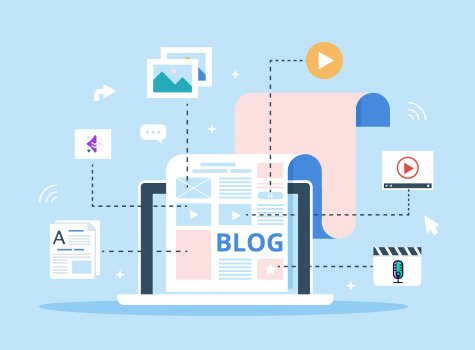The COVID-19 pandemic has affected every state and community within the United States, and the world, over the past few months. As a nation, trillions of dollars and countless hours have been invested by the United States in an effort to flatten the curve — and there are signs that these measures are making a difference. Earlier this week, Andrew Cuomo, the Governor of New York, said, “Data is hopeful but inconclusive.” We want to maintain social distancing and not lighten our grip. The weeks to come will be crucial in our fight against the virus.
Small and medium-sized businesses have been severely affected by COVID-19 externalities, yet their health remains crucial to a functioning and stable economy on both a local and national level. To help offset the financial burden on these businesses, President Trump signed the CARES Act on Friday, March 27, 2020, which contains $376 billion in relief for American workers and small businesses.
The Coronavirus Aid, Relief, and Economic Security Act, or the CARES Act, includes $376 billion for an expanded SBA 7(a) loan program that would allow currently certified SBA 7(a) lenders to quickly offer loans of up to $10 million to businesses with up to 500 employees, as well as to non-profits, self-employed individuals, and contractors.
If you operate within any of the aforementioned parameters, you may be able to secure a loan, and potentially have it forgiven, if you maintain payroll through June 30, 2020 or bring back your workforce. In addition, Economic Injury Disaster Loans (EIDLs) will also be issued to corporations that suffer losses in revenue due to the COVID-19 crisis. Businesses should check for qualifying locations prior to applying for a loan. In addition, please review the “Coronavirus (COVID-19): Small Business Guidance & Loan Resources”
Your options:
- Paycheck Protection Program
- This program provides direct incentives to keep workers on payroll.
- The SBA will forgive loans if all employees are kept on payroll for eight (8) weeks and money is used for payroll (primarily), rent, mortgage interest or utilities.
- EIDL Loan Advance
- The SBA’s Economic Injury Disaster Loan provides vital economic support to small businesses to help overcome the temporary loss of revenue they are experiencing as a result of the COVID-19 pandemic.
- The Economic Injury Disaster Loan advance funds will be made available within days of a successful application, and this loan advance will not have to be repaid.
- To apply for a COVID-19 Economic Injury Disaster Loan and loan advance, click here.
- SBA Express Bridge Loans
- The Express Bridge Loan Pilot Program allows small businesses who currently have a business relationship with an SBA Express Lender to access up to $25,000 quickly.
- SBA Debt Relief
- The SBA will automatically pay the principal, interest, and fees of current 7(a), 504, and microloans for a period of six (6) months.
- The SBA will also automatically pay the principal, interest, and fees of new 7(a), 504, and microloans issued prior to September 27, 2020
- For current SBA Serviced Disaster (Home and Business) Loans: If your disaster loan was in “regular servicing” status on March 1, 2020, the SBA is providing automatic deferments through December 31, 2020.
At EasyPost, we work with companies of all sizes and pride ourselves on helping our customers navigate through the complexities of last mile delivery. If you’re a small to medium size business looking for strategic shipping guidance amid this pandemic, feel free to send us an email at covid-response@easypost.com with any questions you might have. Our team of experts can assist you with shipping logistics and the impacts of the COVID-19 crisis on your ecommerce business. We are here to support you during this time of uncertainty.


